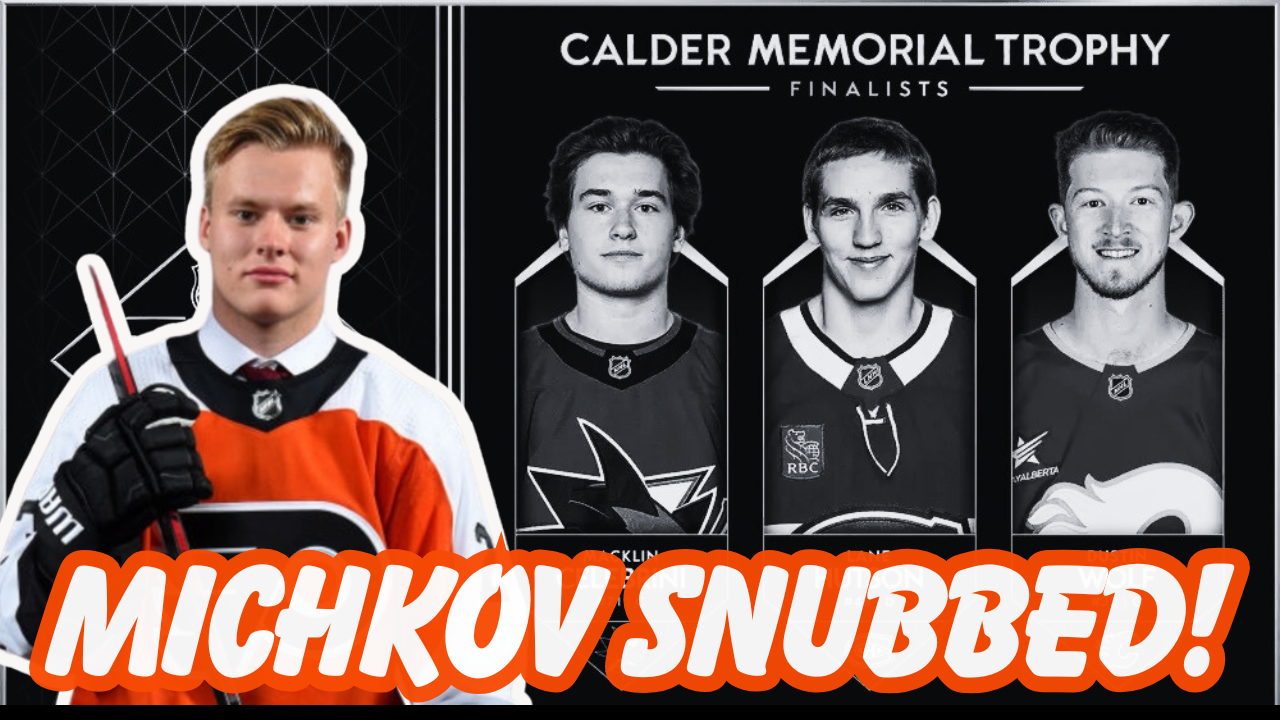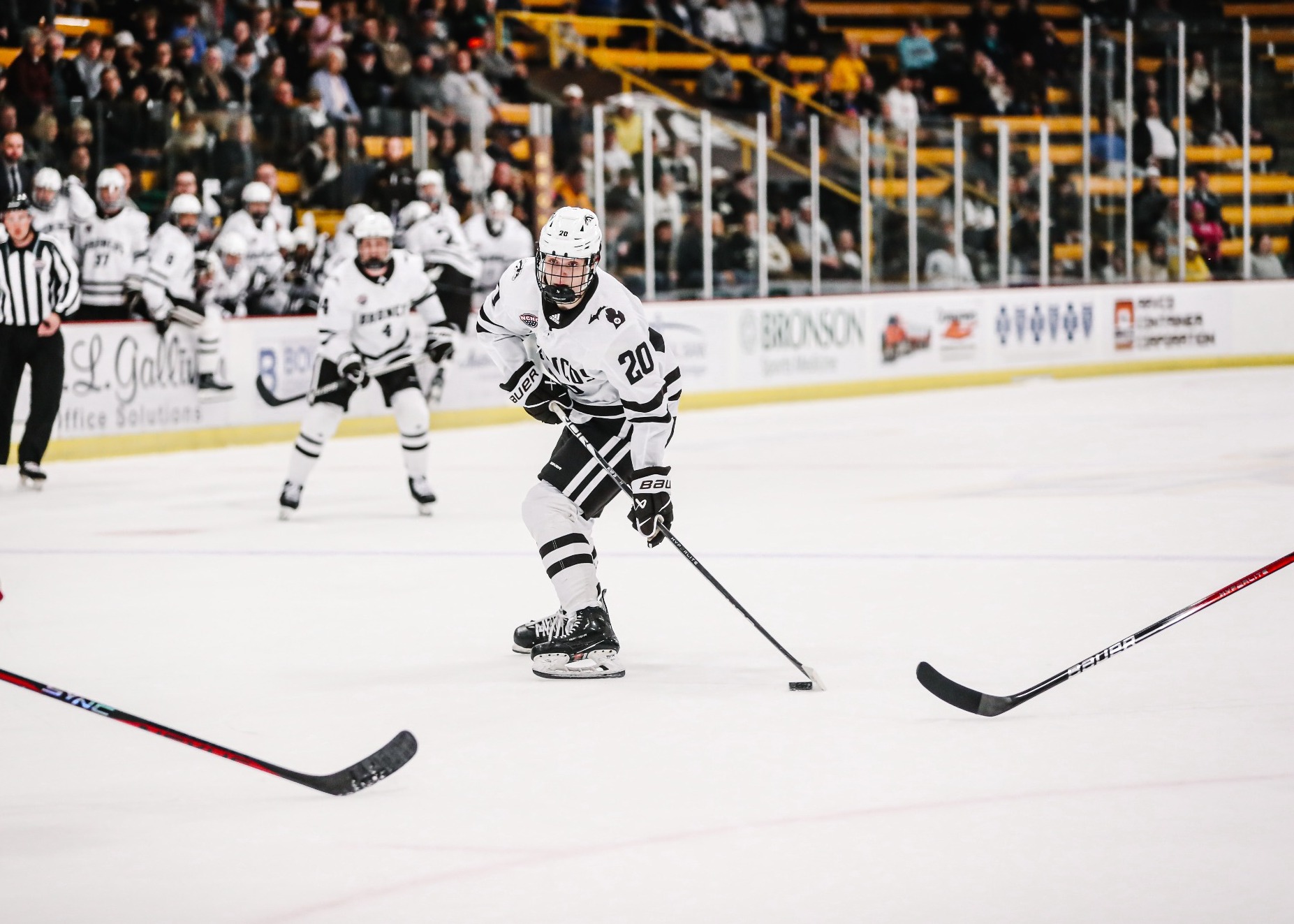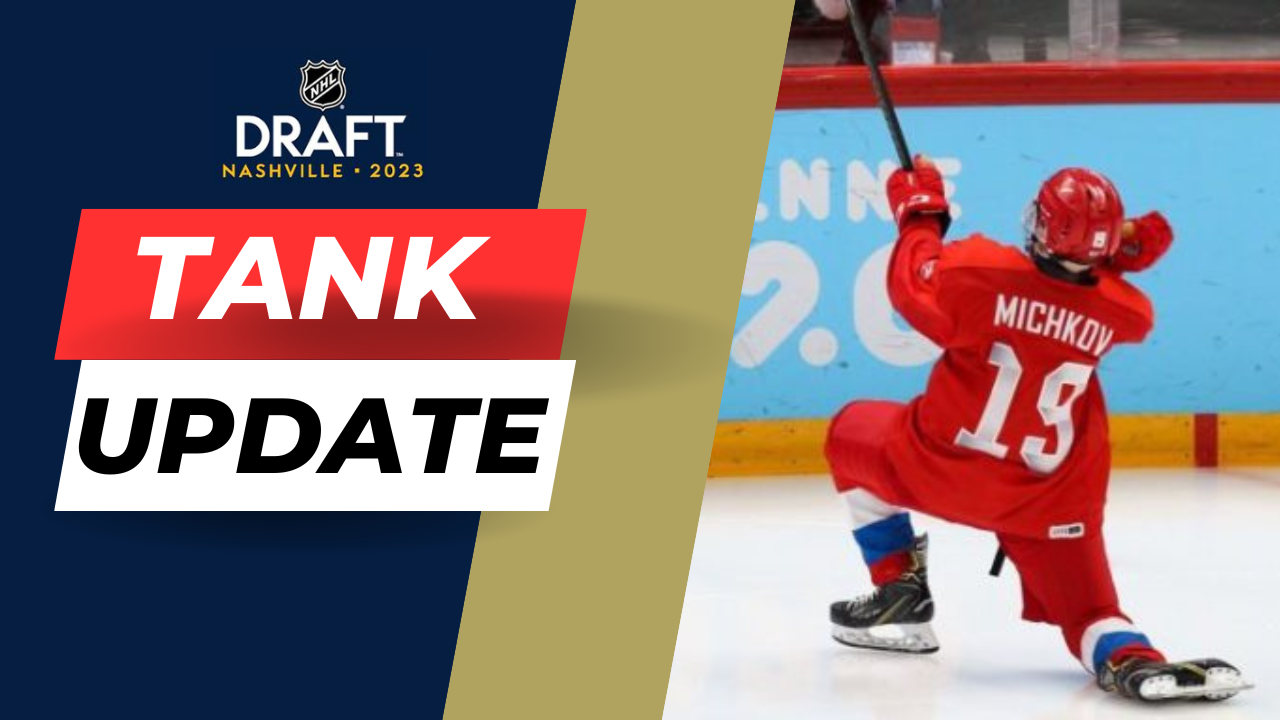The NHL has announced its three finalists for the 2025 Calder Trophy, awarded annually to the league’s top rookie. The nominees: Dustin Wolf of the Calgary Flames, Lane Hutson of the Montreal Canadiens, and Macklin Celebrini of the San Jose Sharks. While each had an undeniably impressive rookie campaign, one glaring omission has the hockey world talking—Philadelphia Flyers forward Matvei Michkov.
The Finalists
Lane Hutson emerged as a dynamic force on Montreal’s blue line, finishing the season with 66 points in 82 games. His offensive flair and elite puck movement helped revive a Canadiens power play that had struggled in previous years. His 60 assists led all NHL rookies and his ability to log over 22 minutes a night proved he wasn’t just a specialist, but a legitimate top-pair defenseman.
Macklin Celebrini, the 2024 first overall pick, lived up to the hype in San Jose. Despite being surrounded by one of the league’s weakest rosters, the 18-year-old tallied 25 goals and 63 points in just 70 games. His offensive talent was immediately apparent and he quickly became the Sharks’ primary offensive weapon.
Dustin Wolf solidified his role as Calgary’s starting netminder, posting a 29–16–8 record with a .910 save percentage and a 2.64 goals against average. For a seventh-round pick, Wolf’s ascent to a number-one goaltender in the NHL is a remarkable story that voters clearly appreciated.
The Michkov Debate
But then there’s Matvei Michkov. The 20-year-old rookie from Russia played 80 games for the Philadelphia Flyers and led all NHL rookies in goals with 26. He added 37 assists, finishing tied with Celebrini for second in rookie scoring at 63 points. Michkov was a consistent threat on a Flyers team that ranked near the bottom in offensive metrics and power-play efficiency. Despite limited minutes—averaging just 16:41 of ice time per game—Michkov produced elite results.
So why was he overlooked?
Narrative and Exposure
Celebrini, as the No. 1 overall pick, entered the season with immense media buzz. Lane Hutson’s story as an undersized defenseman making an immediate impact carried a lot of weight. And Dustin Wolf’s rise from late-round longshot to full-time starter made for compelling headlines.
Michkov, meanwhile, arrived from the KHL with less media fanfare and a more complex narrative. His Russian background, previous KHL contract situation, and the Flyers’ team struggles may have worked against him in the eyes of some voters. Despite playing in a major market, Michkov didn’t receive the same media amplification as his peers.
Statistical Merit
Statistically, Michkov holds his ground or exceeds each finalist in key areas:
- Goals: 26 (1st among rookies)
- Points: 63 (T-2nd)
- Power-Play Goals: 8 (Tied with Celebrini)
- Shots on Goal: 189
His scoring touch, especially at even strength, was elite. On a better team—or with more ice time—Michkov’s numbers could have been even higher.
Fan Reaction
The fanbase’s response was swift. Flyers fans flooded social media in disbelief, with many citing historical snubs and perceived bias against Russian players in NHL awards voting. Analysts around the league echoed the sentiment, calling Michkov’s exclusion a “missed opportunity” to recognize one of the most dynamic young players in the game.
Conclusion
There’s no denying that Celebrini, Hutson, and Wolf each had remarkable rookie seasons. But to leave Matvei Michkov out of the Calder conversation despite leading all rookies in goals and matching the No. 1 overall pick in points? It raises serious questions about the criteria being used and how much narrative overshadows raw performance.
Whether this is remembered as a minor oversight or a major blunder will depend on Michkov’s future—but if his rookie campaign is any indication, this won’t be the last time his name comes up in awards discussions.
Discover more from HIGH AND WIDE HOCKEY
Subscribe to get the latest posts sent to your email.


